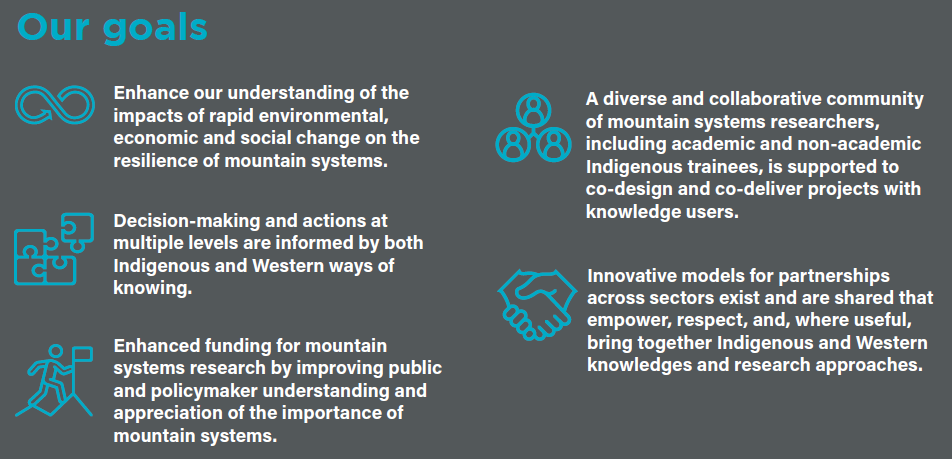“Mathematics Through Aboriginal Story Telling”
MathCatchers is an outreach program for educators and learners, encouraging numeracy through storytelling, pictures, and hands-on learning. They created a character named “Small Number” who ‘engage(s) Aboriginal learners in math and science through the use of First Nations imagery and storytelling.’ Through various videos, the opportunity for various discussions about anything from basic counting and pattern recognition to exponential growth and probability permutations and combinations. These videos will serve as a foundational part of my final project, with many Alberta curriculum pieces being tied to various sections of the video. I envision these videos being part of the regular classroom routine, with students constantly being brought back to the story and encouraged to dig deeper into the math and culture embedded within.

“The main character in our animations thus far is a boy called Small Number. He is a bright, playful kid, with the ability to recognize patterns and calculate quickly.”


